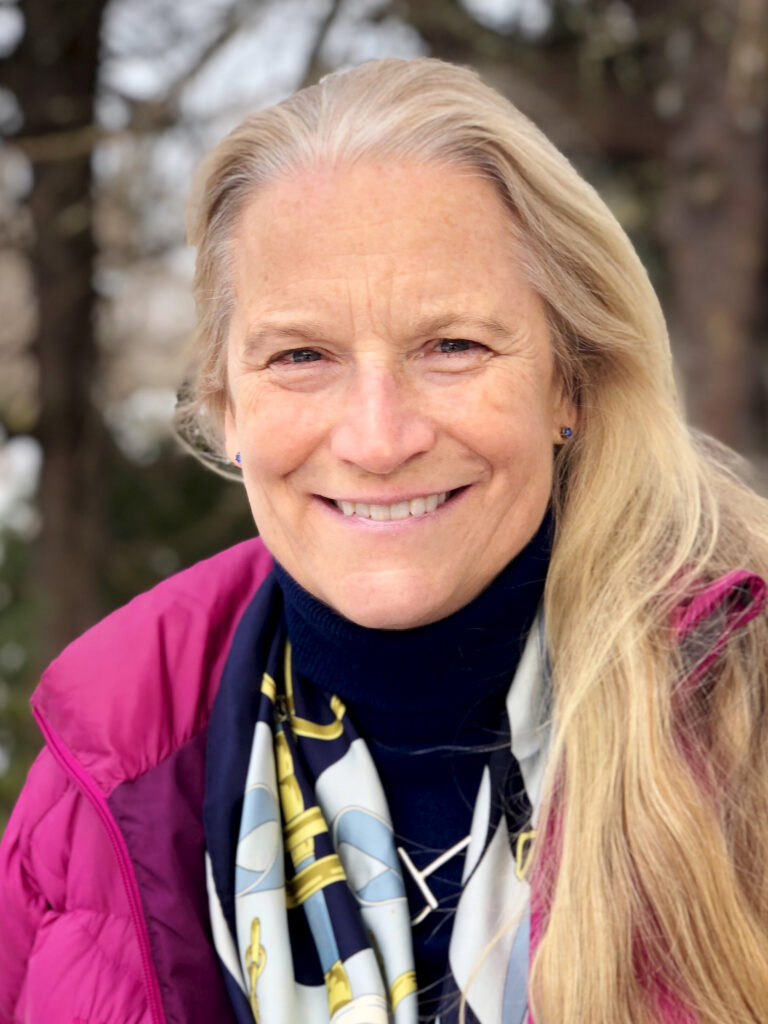
The implications of the statewide ballot initiative imposing a surcharge on Massachusetts incomes above $1 million are rippling across markets.
It is an honor for LandVest to partner with other leaders in the high-net-worth advisory space to help our clients navigate change. Together with two experts, Laura K. Barooshian, CPA, Partner in the Private Client Group at PKF O’Connor Davies and Jody King, JD, CPA, Director of Wealth Planning at Fiduciary Trust, we have identified the top five impacts of this new tax:
1. Reconsideration of Massachusetts residency
The single biggest theme has been the acceleration of plans to change residency from Massachusetts: “Rarely is a move exclusively tax-driven. It reflects where people are in their lives. The Millionaire’s Tax accelerated closings into 2022, before the new tax came into effect,” comments Lanse Robb, Regional Manager, LandVest North Shore. “We are seeing clients move more quickly toward their next chapter than they might have, which, frankly, is helpful in a market which is starved for inventory.”
2. Not ready to move? Phase it, but carefully!
We asked Laura K. Barooshian, CPA at PKF O’Connor Davies, who advises a number of LandVest clients, for her take on the first moves their clients are making: “For personal residences, we are seeing clients accelerate relocation even when they are not ready to sell their Massachusetts home. Clients are relocating and considering a long-term rental of their home. Careful planning needs to be done to not lose the home sale exclusion.” Laura commented that many clients are challenged by the difficulties of being a long-distance landlord, particularly given the scarcity of good property management companies. We would concur: Massachusetts tenant law places high burdens on landlords, and the presence of a tenant can make the ultimate sale of a home challenging.
3. Stay in Massachusetts, manage taxes
Tax planning strategies are very much in play: for example, married couples who choose to file their Massachusetts return separately might be able to reduce or avoid the surcharge. That said: “This is very much up in the air and depends on how the Department of Revenue [MADOR] rules are promulgated”, says Laura, “so we do not yet have an indication if married filing separately in Massachusetts will work. Once the rules have been drafted and implemented by MADOR, it may be that we see court challenges by taxpayers and/or MADOR. We are thoughtfully considering the retitling of assets for that reason, and it may not be prudent just yet to make such a move. Definitely a wait and see.” ( Click here for more of Laura’s thinking on the new tax.)

Massachusetts residents are heading to properties like Fleetwood Farm in Tamworth, NH, to live free…of the new millionaires’ tax.
4. Live Free (or in NH we trust?)
Moving across the border may be a great solution for some MA residents. Kristin Claire, LandVest’s New Hampshire Regional Manager, noted that for many clients, it’s not a big move. “We learned from the pandemic that we can work from anywhere, and why not be somewhere that you love. The lakes and mountains are filled with people year-round who used to be here just for vacations. ”It’s not just where you live, it’s where your assets are, too. NH Trusts may be an attractive solution for MA residents with excess income. Jody King at Fiduciary Trust, with whom we frequently work on shared clients, is seeing continuing interest in NH Trusts as income and estate planning vehicles. Jody reflects: “For those who don’t need immediate use or control over excess assets, those placed in a properly-constructed NH trust, such as those that Fiduciary Trust of New England administers, can avoid state income and capital gains tax on trust income.” Click here for more of Jody’s thoughts on the new tax.
5. Look at the totality of choices
Both Jody and Laura commented that a well-advised client looks holistically at where and how to live. Income taxes are just part of the picture, and Massachusetts may be exactly the right place to be with thoughtful planning. Jody advises, “Taxes should be only one of many considerations when making big life decisions.” Laura adds: “It’s so important to be holistic. The totality of choices is important: family, medical care, lifestyle, and then the whole mix of taxes: income tax, transfer taxes, estate taxes, and real estate tax. It may be that surprising opportunities open up for where and how to live. ”
LandVest is grateful to partner with exceptional professionals like Laura and Jody to pilot our clients through successful transitions. Real estate decisions are made in a broader life context, and we are happy to help you assemble the right team to advise you.

LandVest | Christie’s International Real Estate is a leading provider of real estate and forest resources sales and consulting services.
Learn more about Ruth and her work on behalf of clients here.
